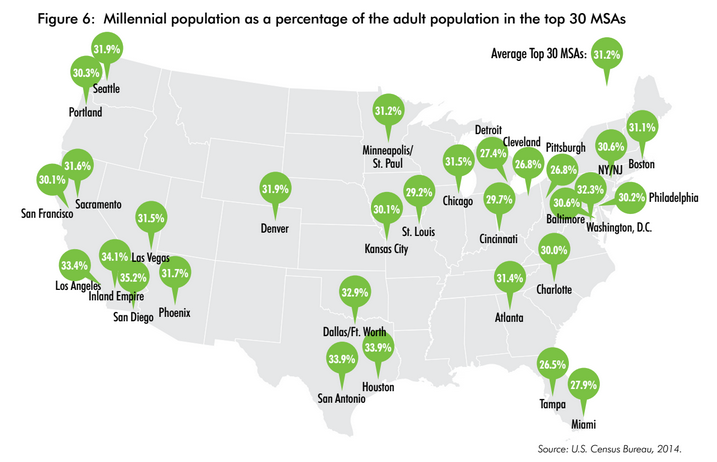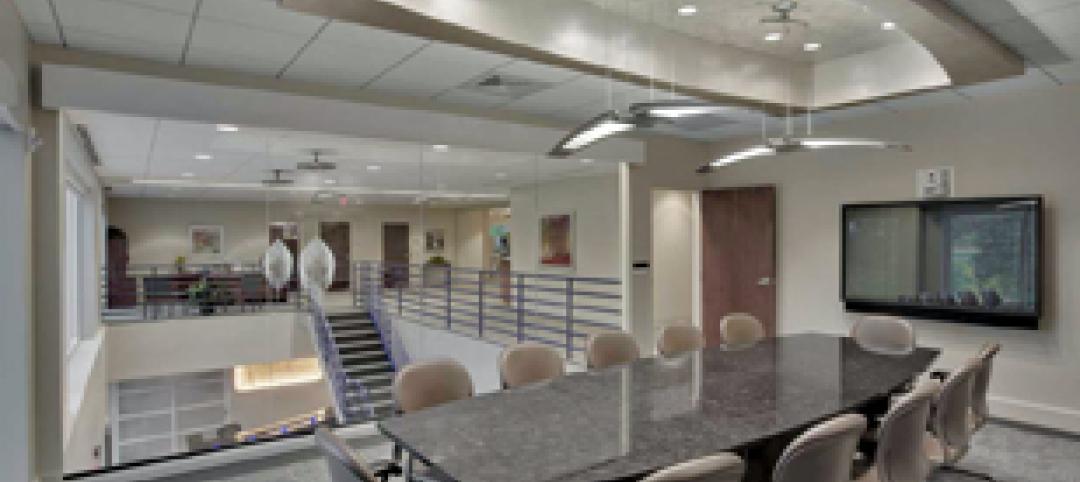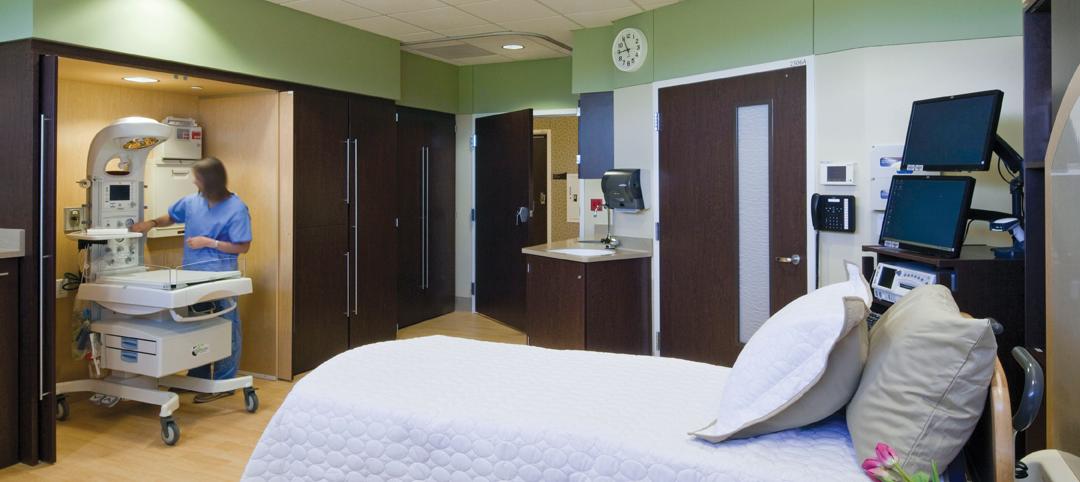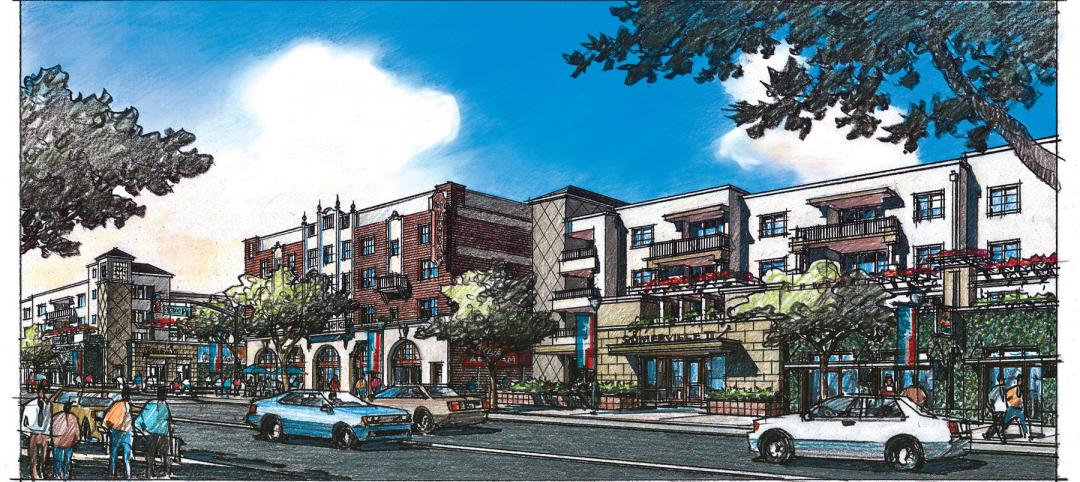Much has been written and talked about how Millennials are a different breed than either Gen Xers or Baby Boomers when it comes to their work habits and preferences. And many companies are probably wondering about how radically they might need to transform their workspaces to attract and keep Millennials who are projected to account for 45% of America’s adult population in 2025, up from 24% today.
But businesses shouldn’t panic about the prospects of having to design offices to accommodate several generations within their workforces. It turns out that there may actually be little difference among young and older employees in terms of how they work and what they place value on in office settings.
A recent survey of 5,500 U.S.-based professionals from a wide range of industries, conducted by CBRE and gleaned from 250 questions, found that a company’s culture is likely to be a “better predictor” of how workers spend their time at the workplace, as opposed to generational differences. CBRE illustrates that point with changes it has initiated at many of its 33 office sites.
Contrary to common perceptions of Millennial workers as socially minded technocrats with disdain for organizational hierarchies and protocols, the survey found that “Millennials are not shunning collaboration. Rather, they are reacting to environments that, by and large, give them limited space to collaborate and socialize, but practically no spaces (or conditions) in which they can focus.” The survey went on to state that Millennials, more than any other generation, enjoy working in all types of workspaces “and have a strong desire for flexibility and choice in the workplace.”
That doesn’t mean Millennials’ workplace mentality is in lockstep with older colleagues. For example, 31% of the Millennials surveyed place value on workplaces that promote socializing, versus 17% of Gen Xers who expressed that preference, and 10% of Baby Boomers. More Millennials than the other cohorts also place value on having office spaces for learning and training. And, surprisingly, more than half of Millennials—54%—prefer office environments with more formal meetings, compared to 34% of Gen Xers and 27% of Baby Boomers.

More Millennials than the other cohorts place value on having office spaces for learning and training. And, surprisingly, more than half of Millennials—54%—prefer office environments with more formal meetings, compared to 34% of Gen Xers and 27% of Baby Boomers.
“This illustrates the desire to have increased visibility into the organizational decision-making, and a more established and integrated seat at the table,” the survey conjectured.
(Equally surprising was the finding that 48% of baby boomers prefer offices where they can connect with colleagues and customers via Social Media, versus 39% of Gen Xers and 30% of Millennials.)
The “bottom line,” said the survey, is that businesses shouldn’t necessarily design their workplaces around Millennials alone. “Design a well-balanced office that can accommodate all generations of workers—one that provides a healthy mixture of independent focus workspaces, areas that provide greater collaboration opportunities (virtual and face-to-fact) and an environmental that promotes employee socialization.”
A focus on employees’ wellness
CBRE is also putting its money where its mouth is. Its Workplace Strategy Group is rolling out a program called Workplace360, which the Group’s senior managing director Lenny Beaudoin says is “reinventing the office.”
CBRE launched this initiative after it polled its employees and found that, on average, they spent 49% of their time in the office (compared to the national average of 58% for all workers), and 31% collaborating (compared to the national average of 51%). “We found there was a high demand for collaboration and the need for services from the office. Our [office] model didn’t fit this,” says Beaudoin.
So as its office leases expire and it moves into new spaces, CRBE is designing offices to be open and collaborative, with an emphasis on what Beaudoin calls “activity-based working” that’s supported by a network of flexible spaces. CBRE has executed Workplace360 in 22 offices, and will convert the remaining offices to this program as their leases roll up over the next three to four years.
CRBE is also partnering with New York-based Delos Living, which has created a wellness certification that focuses on improving occupant health. CBRE’s office in Los Angeles is its first to meet the criteria for that certification, which encompasses interior air quality, lighting, office hygiene, nutrition, fitness, and even employees’ motion.
Workplace360 and Delos’ wellness certification “are now our global template” for future office design, says Beaudoin.
Related Stories
| Mar 1, 2012
8 tips for architects to consider before LED installation
Lighting experts offer Building Team members critical information to consider before upgrading lighting systems to LEDs.
| Mar 1, 2012
Reconstruction Awards: Reinvesting in a neighborhood’s future
The reconstruction of a near-century-old derelict public works facility in Minneapolis earns LEED Platinum—and the hearts and minds of the neighboring community.
| Mar 1, 2012
7 keys to ‘Highest value, lowest cost’ for healthcare construction
The healthcare design and construction picture has been muddied by uncertainty over the new healthcare law. Hospital systems are in a bind, not knowing what levels of reimbursement to expect. Building Teams serving this sector will have to work even harder to meet growing client demands.
| Mar 1, 2012
Cornell shortlists six architectural firms for first building on tech campus
Each of the firms will be asked to assemble a team of consultants and prepare for an interview to discuss their team’s capabilities to successfully design the university’s project.
| Mar 1, 2012
Aragon Construction completes 67,000-sf build-out in NYC
Aragon constructed the space in partnership with Milo Kleinberg Design Associates, (MKDA) and the Craven Corp. as the owner’s representative.
| Mar 1, 2012
Bomel completes design-build parking complex at U.C. San Diego
The $24-million facility, which fits into a canyon setting on the university’s East Campus, includes 1,200 stalls in two adjoining garages and a soccer field on a top level.
| Mar 1, 2012
Eidco Construction bolsters Chicago office
Eldco hires Peterson and Vivoda as senior project managers.
| Mar 1, 2012
Reconstruction of L.A.’s Dunbar Hotel underway
Withee Malcolm Architects’ designs for the project include the complete renovation of the Dunbar Hotel and the Somerville Apartments I and II.
| Feb 29, 2012
C.W. Driver opens new office, appoints Castillo regional SVP
Castillo will oversee projects with new and existing clients in northern California within the areas of education, healthcare/biomedical, public sector, military contracting, entertainment, retail, corporate and hospitality.
| Feb 29, 2012
Report says BIPV glass market to reach $6.4 billion by 2016
The report analyzes the opportunities for BIPV glass products using c-Si, thin-film and OPV/DSC materials and provides eight-year forecasts in terms of MW and square footage shipped as well as forecasts of revenue generated.

















